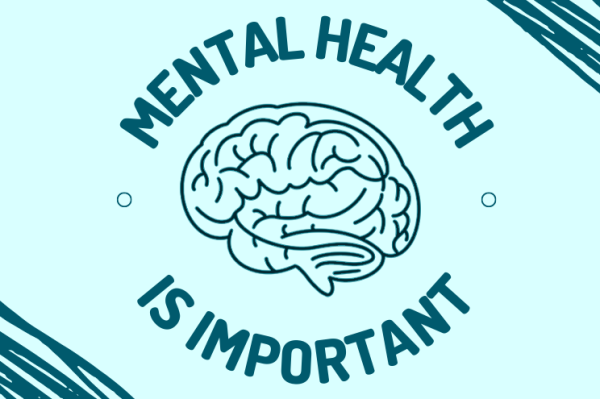Pandemic or paranoia?: Explaining the ebola virus
In recent months, the Ebola virus has caused widespread shock and panic to nervous Americans. It has killed thousands in West Africa, and there is fear that it could spread and cause an epidemic here in the United States.
There is no doubt that we’re worried, but are our fears validated?
First, it must be known that this virus isn’t a new thing. Ebola was first identified in 1976. Up until 2013, there had been 24 recognized outbreaks, resulting in 1,716 cases of infection.
Then, in December 2013, the current and largest outbreak began in the country of Guinea. It has since spread to Liberia and Sierra Leone, which, along with Guinea, are the main countries affected by the outbreak.
About 13,000 cases and 5,000 deaths have been reported in these countries alone. The CDC (Centers for Disease Control and Prevention) fear that the real numbers may be three times that of what have been reported.
The virus has been spread to a few other countries on a much smaller scale. These countries include Mali, Senegal, Nigeria, Spain, and the United States. Senegal and Nigeria have since been proclaimed Ebola-free. Only a handful of cases and deaths have come from these nations.
The Democratic Republic of the Congo also had an outbreak, beginning in August. There were 68 cases reported and 49 deaths. The country should also be proclaimed Ebola-free soon, as the outbreak has been controlled. This outbreak is an independent event, however, and had no relation to the outbreak in West Africa.
The West African outbreak has been extremely deadly because of the conditions in Africa. Most of the infections are coming from areas of poverty, and the medical help that is required to treat those with the disease can’t be provided, causing some hospitals to even be shut down.
The virus is serious and the world has taken notice. Africa certainly needs help, and countries including America are trying to provide it. Unfortunately, this help has led to the virus landing in our country.
Thomas Eric Duncan, a Liberian national visiting America, was diagnosed with Ebola on September 30. He died on October 8. Since then, three more cases were diagnosed in the U.S, and five diagnosed cases have been brought in from other countries. Hundreds are being monitored as a precaution, but so far only those nine cases have been reported, and only Thomas Eric Duncan has died.
So, back to the original question: Does America need to be worried? The answer is yes and no. Should we be worried about Africa? Yes. Should we be worried about America? No.
The only way one can get Ebola is by direct contact of blood or bodily fluids of someone infected by Ebola. It cannot be spread through the air, even though some have argued against that fact. With the medical staff and living conditions here in America, there is hardly any risk of it becoming the problem it has become in Africa.
Sadly for us, the media will continue to heavily report it, adding to the fear we have of the virus. It just makes business sense- who would pay attention to a disease that doesn’t directly affect them? Of course, there should be a concern for Africa, but would most really care about Ebola if there wasn’t a chance it could infect us? The outbreak will continue to be embellished for as long as it keeps the country reading.
Getting past the anxiety of the disease and the bad news coverage, there’s a much bigger picture. There is no need to stress about American safety, because we are safe. The focus should be on getting West Africa under control. If our efforts can all be focused on that goal, then the outbreak can be contained entirely.
The outbreak has begun, and there’s nothing we can do about that. What we can do, however, is not let the paranoia outweigh the problem, and just try to put an end to it.







